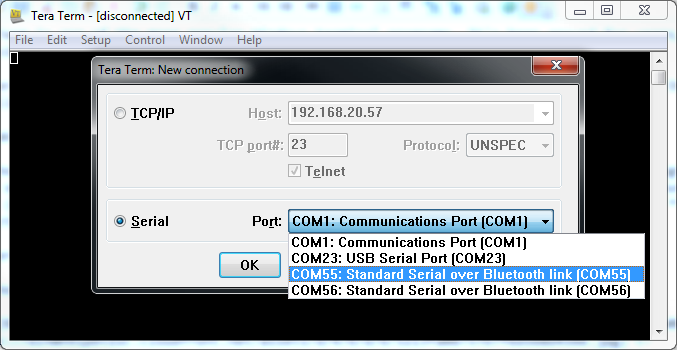Boost Windows 2 1 Serial Port
In part I 1 of this article, we used Boost libraries under both Windows and Linux to communicate with a GPS receiver connected to a serial port. Boost Asio 2 was used for asynchronous I/O to read data from the receiver in a platform-independent manner, with other Boost libraries in supporting roles.
Usb Serial Port Windows 10
If you are doing any serial port communications these days in C++ and would like your code to be portable, then you are probably using boost’s asio::serial_port class.
One complication with using serial_port (and boost::asio more generally) is that it doesn’t provide a direct facility to allow synchronous blocking reads to time-out and return if no data arrives within a specified time period. Here is a little example that tries to read a character from COM3 (on windows..)
2 4 6 8 10 12 14 16 18 20 22 24 26 28 30 32 34 36 | #include <boost/asio/serial_port.hpp> #include 'blocking_reader.h' usingnamespaceboost; std::stringread_response(){ asio::io_service io; port.set_option(asio::serial_port_base::baud_rate(115200)); // A blocking reader for this port that blocking_reader reader(port,500); charc; std::stringrsp; // read from the serial port until we get a while(reader.read_char(c)&&c!='n'){ } if(c!='n'){ throwstd::exception('Read timed out!'); } |

The above code isn’t the most sensible or efficient but it shows the use of blocking_reader, which in this case times out reads after 500ms.
You open the serial_port as normal and then pass it to blocking_reader’s constructor along with a timeout value. You then use blocking_reader.read_char() to read a single character. If the read times out then read_char() will return false (otherwise it will return true!)
The code for blocking_reader can be downloaded from here, I have also included it below:



